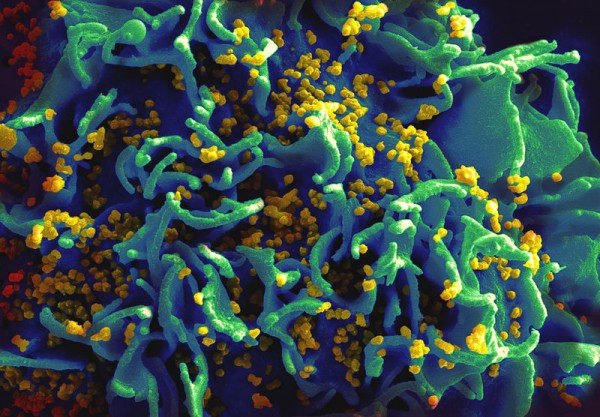
HIV is one of the biggest killers in the world, and it's a precedent to acquired immune deficiency syndrome (AIDS). However, we've also learned over the years that HIV doesn't have to immediately mean a death sentence as many continue to live long and meaningful lives. Moreover, a new study by Oxford University suggests that the virus itself has become weaker or less virulent.
In a recent paper now published in Proceedings of the National Academy of Sciences, Oxford University researchers have found out that the virus is becoming weaker as patients have more access to antiretroviral drugs, some of which are really potent.
Furthermore, like most viruses, HIV mutates as well, going against the immunity of a patient. While this doesn't mean that the patient is already free of the virus, it means that its progression to AIDS is much slower.
The researchers came up with these findings after studying more than 1,500 women infected with the virus in Botswana. The team wanted to determine how the body's immune system interacts with the virus.
Infected patients with HLA-B*57 gene are less likely to develop AIDS more quickly because the gene itself protects the body's immune system against the virus. In Botswana, they discovered that the virus has already adapted to the gene and therefore the gene itself loses its protective effect, but the mutation also means that the virus cannot replicate so it can progress into AIDS.
A mathematical model also suggests that because of the present therapies, the virus evolves quickly, which also weakens its virulence.
Researchers and the rest of the health community find this welcome news as it means they will have more ability to catch up with the disease or at the very least control its spread all around the world.
Nevertheless, the team wants to point out that this study doesn't undermine the strength of the virus. In other words, people should avoid getting it at all costs.

